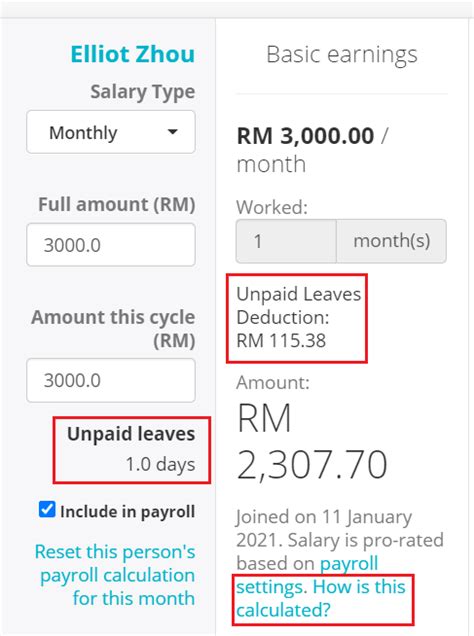Embarking on Your Career Journey
The entry-level phase of one’s career marks a pivotal transition, setting the foundation for future professional growth. According to the Bureau of Labor Statistics, there were an estimated 202.3 million jobs in the United States in 2021. Entry-level positions account for a significant portion of these roles, offering a gateway into the workforce and a stepping stone towards more advanced responsibilities.

The Importance of Identifying Opportunities for Advancement
As you step into an entry-level role, it is crucial to recognize the importance of identifying potential opportunities for advancement within the organization. By proactively exploring career paths and seeking out opportunities to develop your skills, you can position yourself for long-term success. According to LinkedIn’s 2022 Workplace Learning Report, 87% of employees believe that their career advancement depends on developing new skills.
Strategies for Uncovering Advancement Opportunities
Uncovering opportunities for advancement requires a proactive approach. Here are a few strategies to consider:
-
Network with Colleagues and Managers: Engage in conversations with colleagues and mentors to learn about their career paths and explore potential openings.
-
Participate in Professional Development Programs: Seize opportunities to participate in training, seminars, and conferences that align with your career goals.
-
Volunteer for Additional Responsibilities: Express willingness to take on additional responsibilities outside of your regular job description to demonstrate your initiative and eagerness to grow.
-
Seek Mentorship and Coaching: Find a mentor or career coach who can provide guidance, support, and advice on your career trajectory.
Examples of Entry-Level Positions with High Potential
Various entry-level positions offer significant opportunities for advancement. Here are a few examples:
1. Customer Service Representative: This role provides valuable experience in communication, problem-solving, and customer satisfaction. With proven performance, one can progress to roles such as Team Lead, Manager, or Client Success Specialist.
2. Marketing Assistant: Entry-level marketing roles involve assisting in various aspects of marketing campaigns. With experience and hard work, individuals can advance to positions such as Marketing Specialist, Digital Marketer, or Brand Manager.
3. Administrative Assistant: Administrative assistants support senior-level executives and play a vital role in office operations. Demonstrating exceptional organizational, communication, and multitasking abilities can lead to advancement opportunities as an Executive Assistant or Office Manager.
Table 1: Entry-Level Positions with High Potential for Advancement
| Entry-Level Position | Potential Advancement Opportunities |
|---|---|
| Customer Service Representative | Team Lead, Manager, Client Success Specialist |
| Marketing Assistant | Marketing Specialist, Digital Marketer, Brand Manager |
| Administrative Assistant | Executive Assistant, Office Manager |
Overcoming Challenges to Advancement
Pursuing opportunities for advancement may involve overcoming certain challenges. Here are some common obstacles and tips for navigating them:
Challenge 1: Limited Experience: Entry-level employees may lack the requisite experience for higher-level positions. Tip: Network with senior colleagues, volunteer for additional responsibilities, and seek opportunities for professional development.
Challenge 2: Competition from External Candidates: Organizations may prioritize external candidates with more experience over internal employees. Tip: Highlight your strengths and unique contributions to the organization, and demonstrate your commitment to growth.
Challenge 3: Lack of Clarity on Career Path: Some organizations may not have clearly defined career paths, making it difficult to identify advancement opportunities. Tip: Engage in regular conversations with your manager to discuss your career goals and explore options for professional growth.
Tips and Tricks for Accelerating Your Career
Here are a few tips and tricks to accelerate your career growth in entry-level roles:
- Set Clear Goals: Establish specific career goals and work towards achieving them through a well-defined action plan.
- Stay Updated: Continuously acquire new skills and knowledge by attending workshops, reading industry publications, and networking with professionals in your field.
- Be Adaptable: Embrace change and be willing to take on new challenges outside of your comfort zone.
- Build a Strong Network: Cultivate relationships with colleagues, industry leaders, and mentors who can provide support and guidance.
- Seek Recognition: Regularly request feedback on your performance and proactively share your accomplishments with senior management.
Frequently Asked Questions (FAQs)
1. What are the most common entry-level positions?
Answer: Entry-level positions are typically found in fields such as customer service, marketing, administrative support, and technology.
2. Is experience necessary for an entry-level position?
Answer: While some entry-level positions require prior experience, others may be open to candidates with relevant skills and a willingness to learn.
3. What is the average salary for an entry-level position?
Answer: The average salary for entry-level positions varies based on industry, location, and experience. Refer to industry-specific sources for accurate salary estimates.
4. How can I make the most of my entry-level position?
Answer: Take initiative, seek out opportunities for growth, network with colleagues, and regularly communicate with your manager to discuss your career aspirations.
5. What are the best industries for entry-level positions with advancement opportunities?
Answer: Industries with high growth potential, such as technology, healthcare, and金融, often offer numerous entry-level positions with opportunities for advancement.
6. How long does it typically take to advance from an entry-level position?
Answer: The time it takes to advance from an entry-level position varies depending on individual performance, organizational structure, and industry norms.
7. What are the key factors that influence career advancement?
Answer: Key factors that influence career advancement include performance, skills, experience, networking, and mentorship.
8. How can I find an entry-level position with high potential for advancement?
Answer: Research different organizations, network with professionals in your field, and look for companies that invest in employee development and provide structured career paths.
Conclusion
Entry-level positions serve as a launchpad for a successful and rewarding career. By identifying opportunities for advancement, developing your skills, and embracing a proactive approach, you can unlock your potential and pave your way towards professional growth. Remember that career advancement is a continuous journey that requires dedication, hard work, and a commitment to lifelong learning.
















